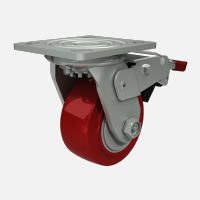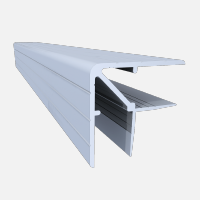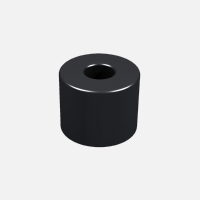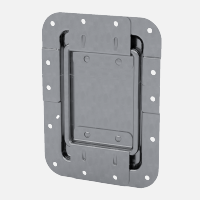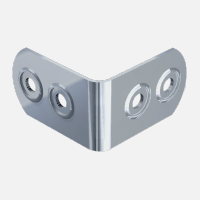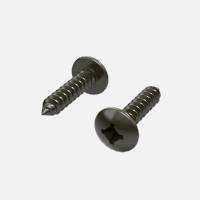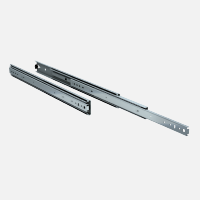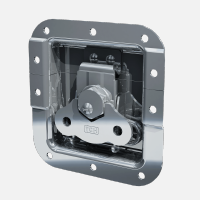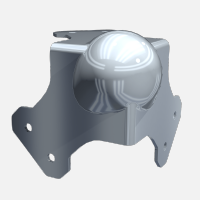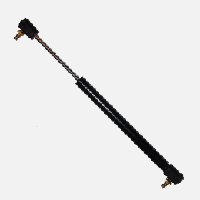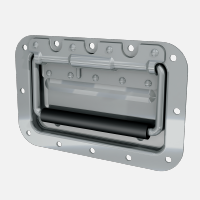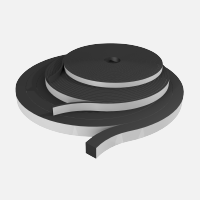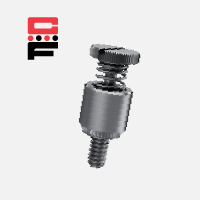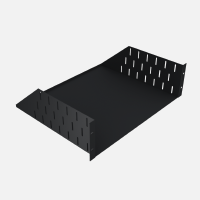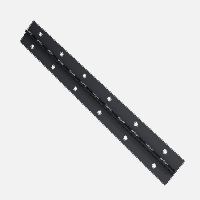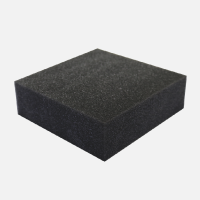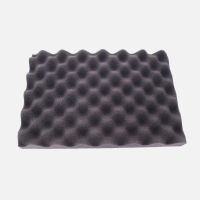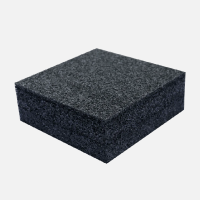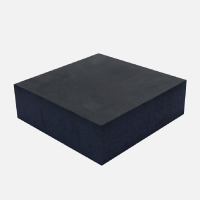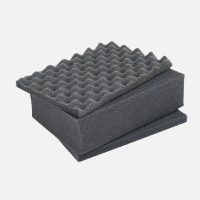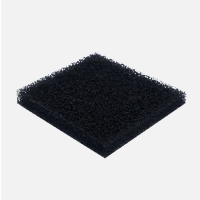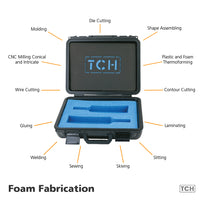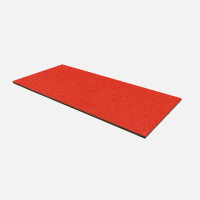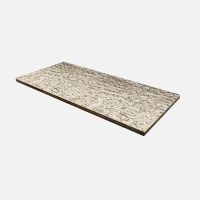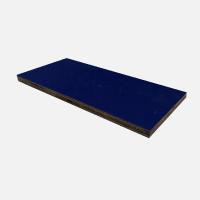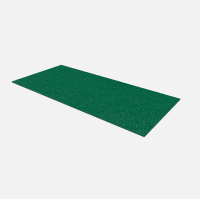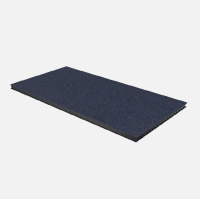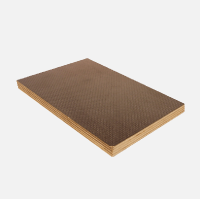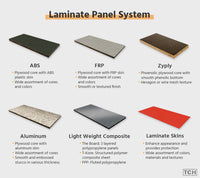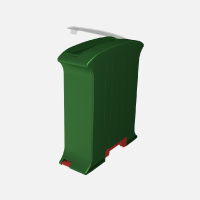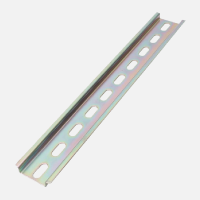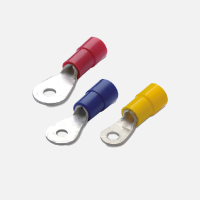TCH is the leading distributor of foam fabrications and a provider of custom foam solutions. Our foam products cover a wide range of materials including polyester and polyether polyurethane. To cater to the specific needs and wants of our customers, we offer custom polyurethane packaging designs. With our various capabilities and a multitude of services, our engineers and professionals make sure the foam and hardware needs of our clients are met with satisfaction.
Polyurethane foam is one of the most widely used polymer products today. Its applications cover a number of fields including sports, manufacturing, and military. Other products also utilize polyurethane foams in their construction such as furniture, building insulations, roof paddings, and various hardware. Made from organic materials, polyurethane foam exhibits the following characteristics: flexibility, low density, fair chemical and electrical resistance, and good shock absorption.
Polyurethane Polyester Sheet
Convoluting a Foam Sheet
Having trouble with your polyurethane foams? Here are the common reasons why polyurethane products fail.
HydrolysisPolyurethane products absorb water easily. Because of this, the foam product can have a short lifespan due to disintegration. Hydrolysis causes the chemical breakdown of the polyurethane polymers; this results in the physical breakdown and degradation of the product. This phenomenon can occur over several years even when the foam product is stored away from a water source. The degradation of polyurethane products is accelerated by a warm and highly humid atmosphere, thus, this occurs more quickly in tropical regions and confined spaces. Polyester products are the most susceptible to hydrolysis; those of polyether are more resistant.
Fungal AttackBecause they are made from organic materials, polyurethane foams are also susceptible to fungal degradation. This vulnerability can be attributed to the extracellular enzymes of the fungus. When these enzymes permeate the polymer matrix of the product, polyurethane weakens due to the gradual loss of its tensile strength. Polyester products are more prone to fungal attacks than polyether ones.
Tensile Strength Test Specimen
Bacterial DegradationPolyurethane foams can also degrade when exposed to bacterial enzymes. This process is slow, as microbes have a hard time penetrating the polymer matrix. This degradation decreases tensile strength and eventually causes elongation over time.
FlammabilityPolyurethane foams are made of isocyanates and polyols; this means they are loaded with carbon. Like most organic materials, these make them susceptible to ignition when they are exposed to a sufficient heat source. Furthermore, polyurethanes produce toxic products upon degradation such as carbon monoxide and hydrogen cyanide. A direct remedy to this is the application of fire retardants.
PhotosensitivityPolyurethane foams, especially those made from isocyanates, contain chromophores. Chromophores are the part of a molecule responsible for coloration. These chromophores interact with visible light, causing the discoloration of polyurethane foam when exposed to sunlight. White-colored foam can turn to yellow, then to reddish-brown, when exposed for long periods. Polyurethane foam products used for coating or aesthetic design can be greatly affected by this.
The degradation of polyurethane foams is a result of a variety of physical and biological factors. Exposure to different weather cycles can cause damage to the physical and chemical properties of polyurethane foam. When a foam product is damaged, cracks that appear on the surface give an opportunity for microorganisms to attack; this leads to foam degradation. Sometimes, their composition becomes the cause of polyurethane product failure as well.
Interested in our polyurethane foam products? Visit our website to find exclusive deals and allow us to cater to your needs through our custom solutions. For further inquiries do not hesitate to contact us.




